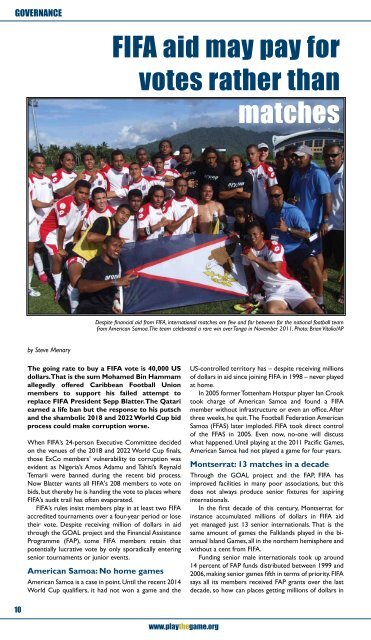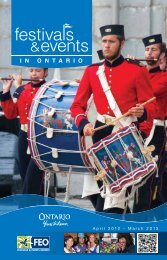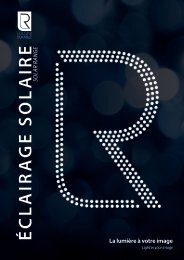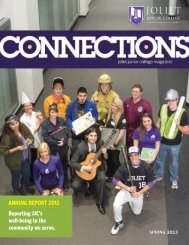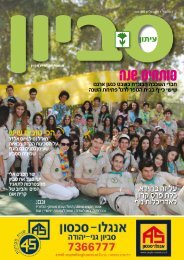playthegame - UniFlip
playthegame - UniFlip
playthegame - UniFlip
You also want an ePaper? Increase the reach of your titles
YUMPU automatically turns print PDFs into web optimized ePapers that Google loves.
GOVERNANCE<br />
10<br />
by Steve Menary<br />
The going rate to buy a FIFA vote is 40,000 US<br />
dollars. That is the sum Mohamed Bin Hammam<br />
allegedly offered Caribbean Football Union<br />
members to support his failed attempt to<br />
replace FIFA President Sepp Blatter. The Qatari<br />
earned a life ban but the response to his putsch<br />
and the shambolic 2018 and 2022 World Cup bid<br />
process could make corruption worse.<br />
When FIFA’s 24-person Executive Committee decided<br />
on the venues of the 2018 and 2022 World Cup finals,<br />
those ExCo members’ vulnerability to corruption was<br />
evident as Nigeria’s Amos Adamu and Tahiti’s Reynald<br />
Temarii were banned during the recent bid process.<br />
Now Blatter wants all FIFA's 208 members to vote on<br />
bids, but thereby he is handing the vote to places where<br />
FIFA’s audit trail has often evaporated.<br />
FIFA’s rules insist members play in at least two FIFA<br />
accredited tournaments over a four-year period or lose<br />
their vote. Despite receiving million of dollars in aid<br />
through the GOAL project and the Financial Assistance<br />
Programme (FAP), some FIFA members retain that<br />
potentially lucrative vote by only sporadically entering<br />
senior tournaments or junior events.<br />
American Samoa: No home games<br />
American Samoa is a case in point. Until the recent 2014<br />
World Cup qualifiers, it had not won a game and the<br />
FIFA aid may pay for<br />
votes rather than<br />
matches<br />
Despite financial aid from FIFA, international matches are few and far between for the national football team<br />
from American Samoa. The team celebrated a rare win over Tonga in November 2011. Photo: Brian Vitolio/AP<br />
www.<strong>playthegame</strong>.org<br />
US-controlled territory has – despite receiving millions<br />
of dollars in aid since joining FIFA in 1998 – never played<br />
at home.<br />
In 2005 former Tottenham Hotspur player Ian Crook<br />
took charge of American Samoa and found a FIFA<br />
member without infrastructure or even an office. After<br />
three weeks, he quit. The Football Federation American<br />
Samoa (FFAS) later imploded. FIFA took direct control<br />
of the FFAS in 2005. Even now, no-one will discuss<br />
what happened. Until playing at the 2011 Pacific Games,<br />
American Samoa had not played a game for four years.<br />
Montserrat: 13 matches in a decade<br />
Through the GOAL project and the FAP, FIFA has<br />
improved facilities in many poor associations, but this<br />
does not always produce senior fixtures for aspiring<br />
internationals.<br />
In the first decade of this century, Montserrat for<br />
instance accumulated millions of dollars in FIFA aid<br />
yet managed just 13 senior internationals. That is the<br />
same amount of games the Falklands played in the biannual<br />
Island Games, all in the northern hemisphere and<br />
without a cent from FIFA.<br />
Funding senior male internationals took up around<br />
14 percent of FAP funds distributed between 1999 and<br />
2006, making senior games fifth in terms of priority. FIFA<br />
says all its members received FAP grants over the last<br />
decade, so how can places getting millions of dollars in


